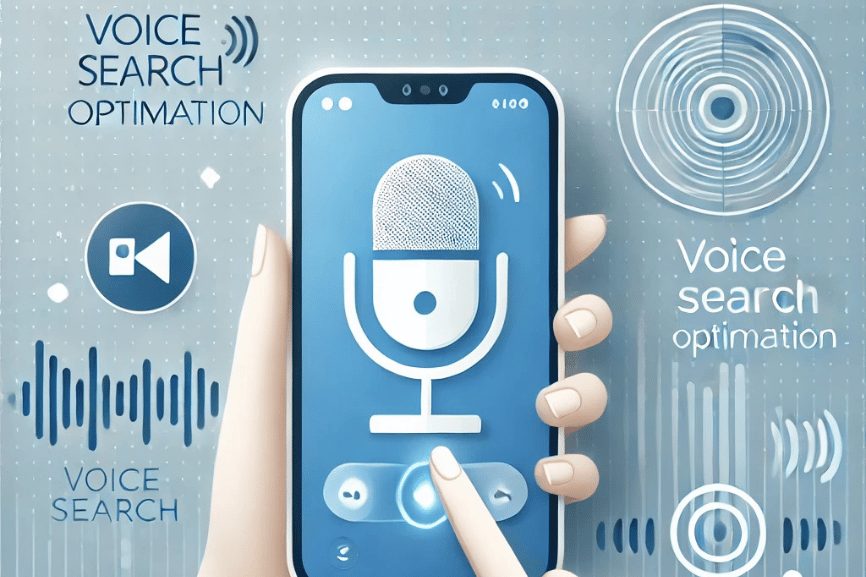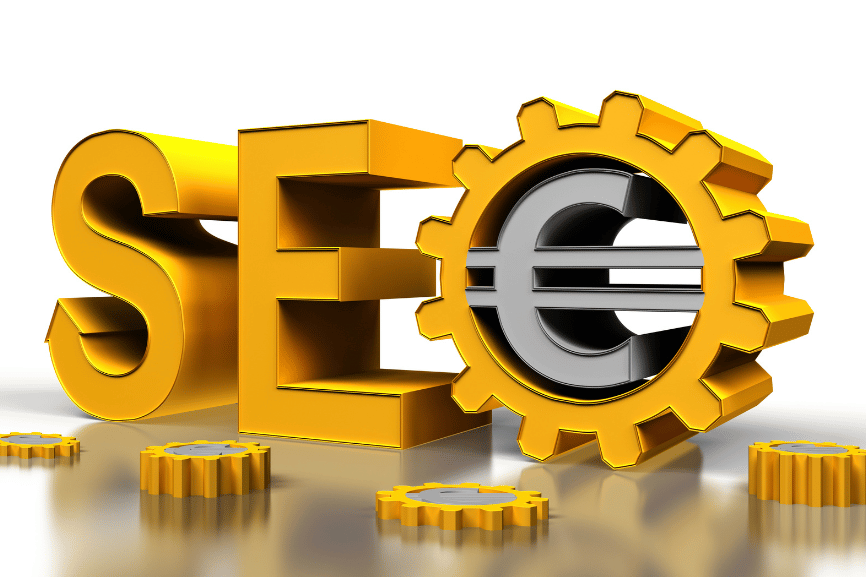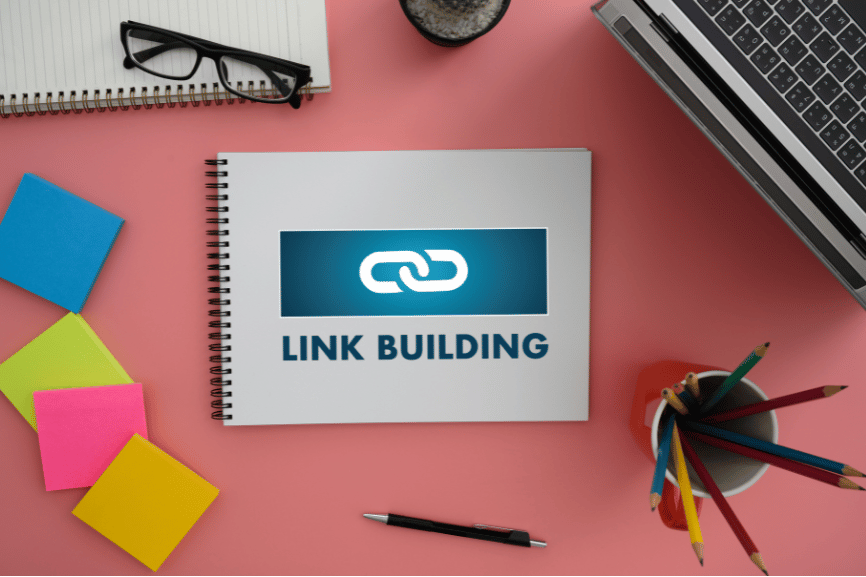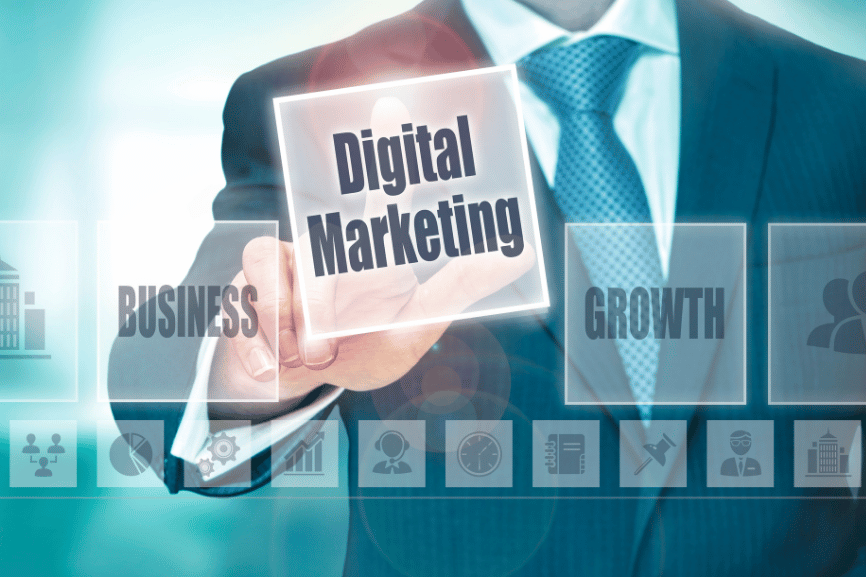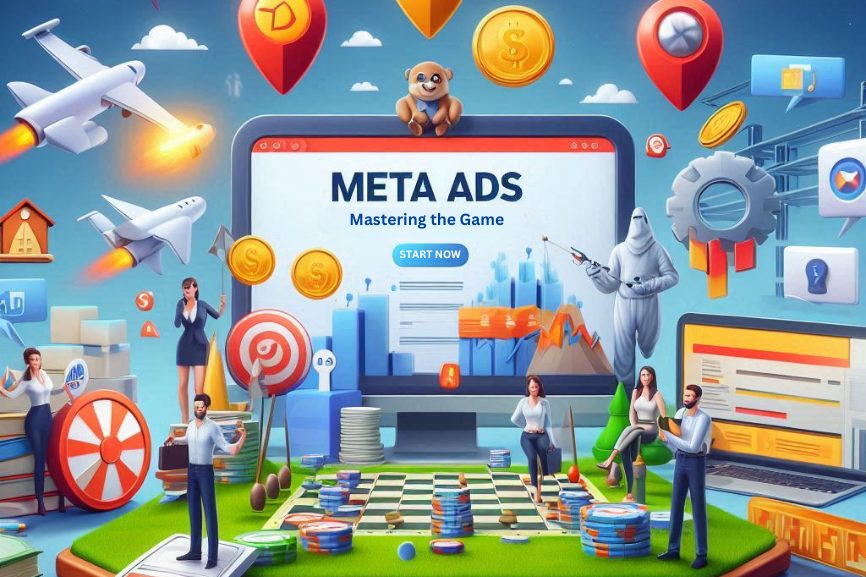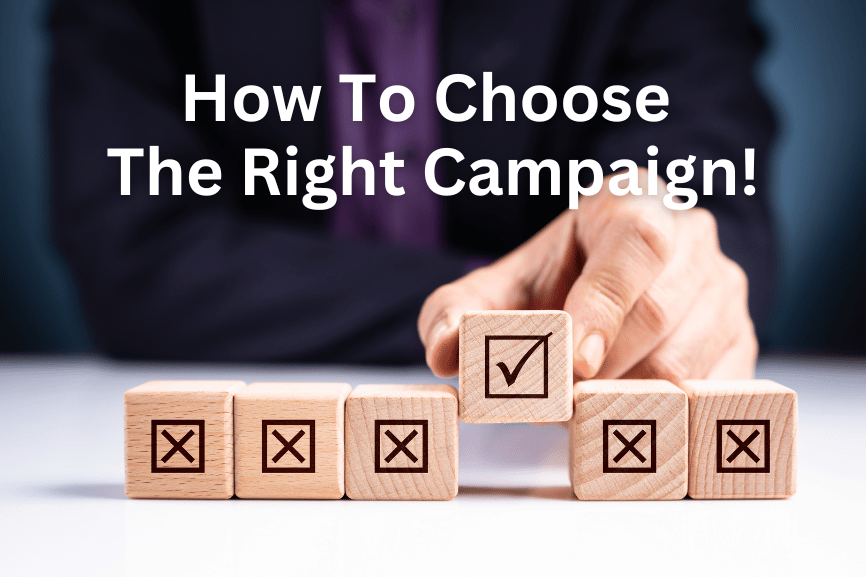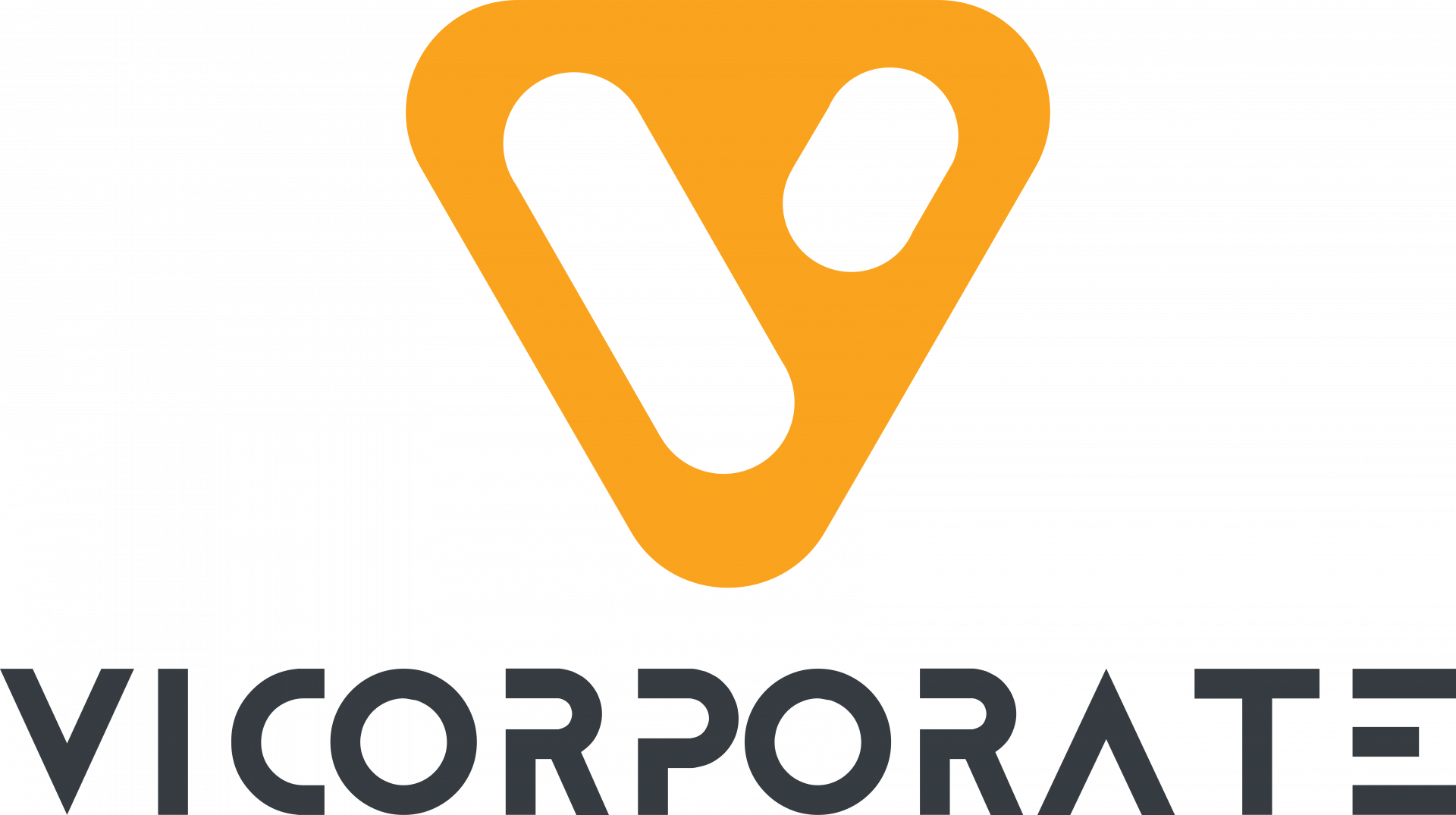SEO Best Practices for Local Businesses in 2024: Boost Your Local Visibility
As the digital landscape continues to evolve, local businesses must adapt to remain competitive in their markets. In 2024, Local SEO (Search Engine Optimization) is crucial for ensuring businesses are visible to customers searching for services nearby. By implementing up-to-date Local SEO strategies, you can improve your rankings in local searches, attract more customers, and ultimately grow your business. In this blog, we’ll explore the top Local SEO best practices for local businesses in 2024 that will help you stay ahead of the competition. Why Local SEO Matters Local SEO helps businesses appear in searches made by users within their geographic area. It’s especially important for brick-and-mortar stores, service-based businesses, and local franchises that rely on local foot traffic or service areas. A large number of searches contain local intent, such as “best coffee shop near me” or “plumber in [city].” Optimizing for local SEO ensures that your business shows up when potential customers are searching for products or services in your area. 1. Claim and Optimize Your Google Business Profile One of the most powerful tools for local SEO is Google Business Profile (formerly Google My Business). This is where your business can show up in the Local Pack, Google Maps, and organic search results. Claim your profile and verify your business if you haven’t already. Optimize your listing by ensuring your business name, address, and phone number (NAP) are correct. Add a compelling business description, include categories, and upload high-quality images. Encourage customers to leave positive reviews and respond to them to build trust. Including your focus keyphrase, such as “best [your service] in [city],” within your description helps Google identify your relevance for local searches. 2. Use Local Keywords To optimize your content for local SEO, use local keywords that reflect the specific areas your business serves. Think about what a potential customer would search for when looking for your services. Include city names and neighborhoods in your titles, headings, meta descriptions, and content. For example, instead of simply using the keyword “electrician,” use “licensed electrician in [city].” Utilize tools like Google Keyword Planner to discover relevant local keyword opportunities. Adding local phrases to your focus keyphrase will make it easier for search engines to identify your location, boosting your chances of ranking higher for those searches. 3. Create Location-Specific Pages If your business serves multiple locations or areas, creating dedicated location pages for each service area is essential for local SEO. These pages should include: The location in the title, meta description, and content. Information specific to that location, such as the services offered, hours, directions, and contact information. Customer testimonials and case studies from that area.Make sure these pages are well-organized and easy to navigate, which enhances both the user experience and SEO performance. 4. Optimize for Mobile In 2024, optimizing for mobile is non-negotiable, especially for local businesses. A significant portion of local searches happens on mobile devices, often when users are on the go and looking for quick information. Ensure your website has a responsive design that adapts to any screen size. Make sure pages load quickly by optimizing images and minimizing heavy scripts. Use click-to-call buttons on mobile so users can contact you immediately. Google ranks mobile-friendly websites higher in search results, so optimizing your site for mobile will boost your visibility in local searches. 5. Leverage Online Reviews Customer reviews play a major role in local SEO and can impact a business’s ranking in search results. Positive reviews not only increase your credibility but also help your business appear higher in Google’s Local Pack. Encourage satisfied customers to leave reviews on Google, Yelp, and other relevant review platforms. Respond to all reviews, both positive and negative, to show that you value customer feedback. Including keywords in responses (without overdoing it) may also help with SEO, as it reinforces the services or products you offer in the local area. 6. Local Link Building Backlinks from authoritative and relevant websites can significantly boost your local SEO. In 2024, focus on earning local backlinks to improve your domain authority and local search visibility. Partner with local organizations, participate in community events, or sponsor local events to earn links from their websites. Get listed in local directories and chambers of commerce websites. Write guest posts for local blogs and news outlets to showcase your expertise while earning backlinks. Building local authority through links improves your site’s domain authority and relevance in local searches. 7. Optimize for Voice Search Voice search is on the rise, and many local queries are conducted via voice assistants like Alexa, Siri, and Google Assistant. Optimize your content for voice search by focusing on natural language and conversational queries. Create content that answers common questions about your business, like “What are the best plumbers near me?” or “Where can I find a florist in [city]?” Use long-tail keywords and write content that mimics how people speak when using voice search. Including FAQ sections on your website will help capture voice search queries and provide quick answers to potential customers. 8. Improve On-Page SEO On-page SEO is critical for both general and local rankings. Ensure your website follows these on-page SEO best practices: Use descriptive titles and meta descriptions that include local keywords. Use H1, H2, and H3 h eadings to structure your content, including local terms in your headings. Add alt text to images with relevant keywords. Ensure your URL structure is clean and includes keywords, avoiding unnecessary numbers or characters. Make sure your focus keyphrase is naturally integrated into the title, meta description, headers, and body content to improve your ranking potential. Conclusion In 2024, local SEO is essential for businesses looking to increase their visibility and attract more local customers. By claiming your Google Business Profile, optimizing for mobile, focusing on local keywords, and incorporating voice search strategies, you can improve your rankings in local searches and stay ahead of the competition. Implementing these best practices will not only boost your search rankings but
SEO Best Practices for Local Businesses in 2024: Boost Your Local Visibility Read More »


